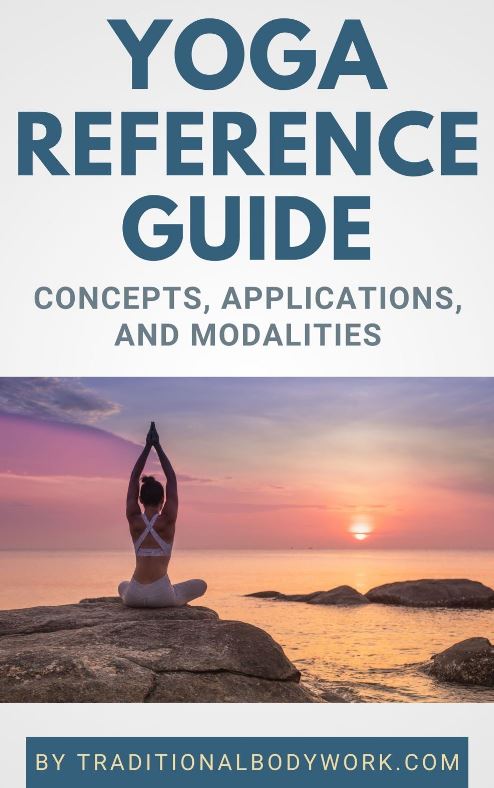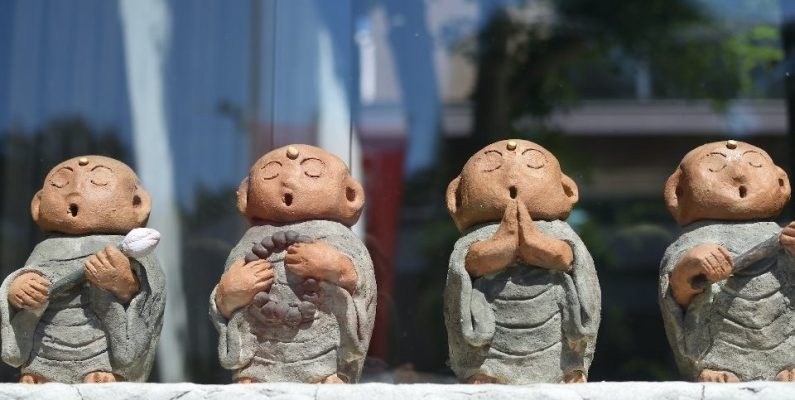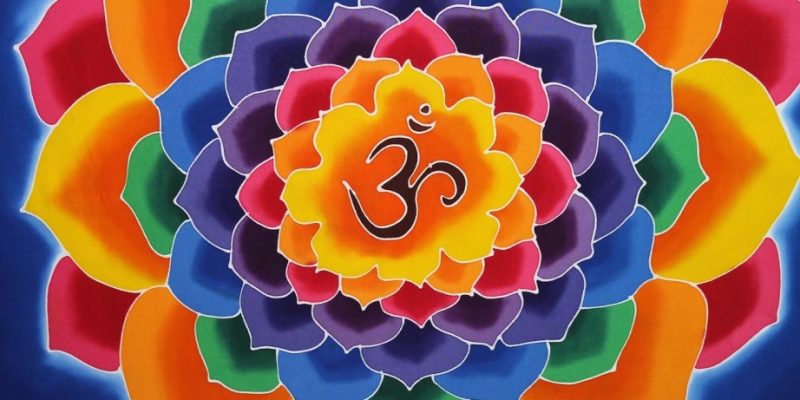
Traditionally, Yoga in India was foremost a lifestyle, a way of life, one that aimed at a balanced, ethical and spiritual personal development, and finally Spiritual Enlightenment or Moksha.

The Yoga Sutras of Patanjali with its Eightfold Path of Yoga is a good example of a holistic practice in which philosophy, principles, self-study, ethical directives, nutritional advice, physical, emotional, and mental exercises are integrated into one system of Yoga.
The idea of “doing Yoga” was not so much carrying out an isolated activity to stay fit and healthy — which today is called Yoga as Exercise — but engaging in a complete Self-Care System that touches all aspects of one’s being, being suitable for one’s day-to-day life.
However, having a Yogic lifestyle doesn’t necessarily mean that one needs to live in an Indian ashram (monastic community), in a cave, in the forest, or on top of a mountain. It can be (gradually) integrated in one’s regular daily life, which has its own responsibilities such as work, earning an income, or taking care of a family.

















